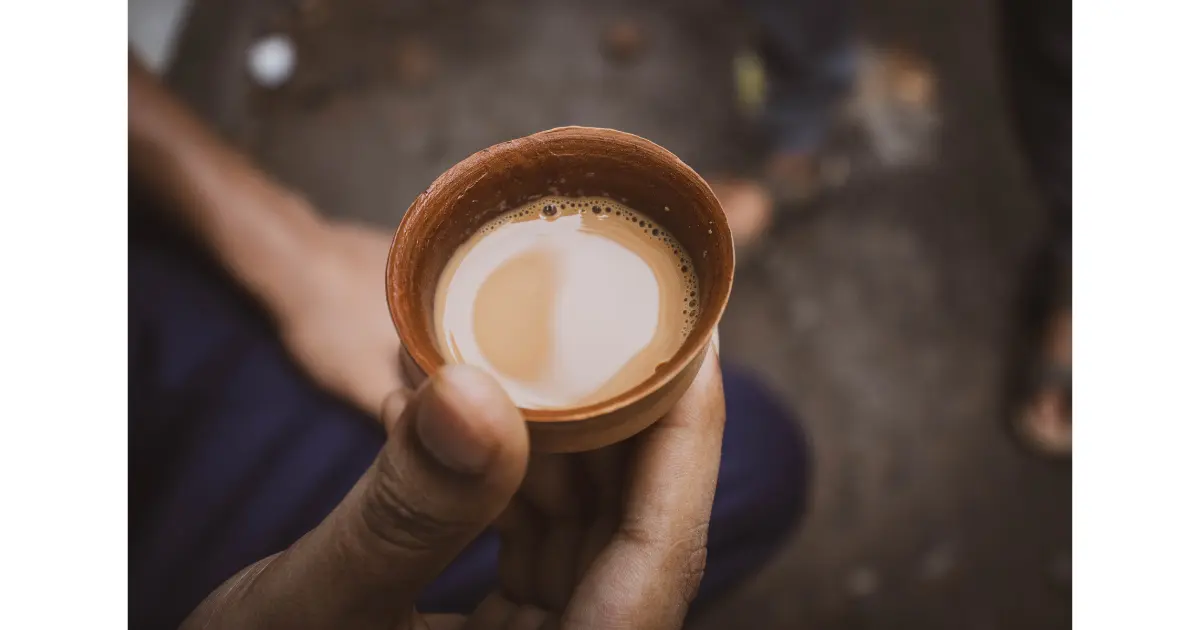If you’ve ever reached for a warm cup of tea after a heavy meal, you’re not alone. Across cultures, tea has long been used as a gentle digestive aid. But is this just tradition, or does science back it up? Let’s take a closer look at how tea—especially herbal and true teas like black, green, and oolong—can support your digestive system.
Tea and Digestion: What’s the Connection?
Digestion is a complex process that involves your mouth, stomach, intestines, and various enzymes and bacteria. Certain compounds found in tea can influence how smoothly this system functions. Some teas help reduce bloating and gas, while others may support healthy gut bacteria or even soothe an upset stomach.
- Polyphenols and Gut Health
Tea—particularly black and green tea—is rich in polyphenols, which are plant-based compounds with antioxidant and anti-inflammatory properties. These polyphenols not only help protect your digestive tract from oxidative stress but also promote the growth of good bacteria in your gut, like Lactobacillus and Bifidobacterium.
A healthier gut microbiome supports better digestion, nutrient absorption, and even immune function. Some research suggests that tea polyphenols may help maintain a balanced gut flora, which can reduce digestive discomfort over time.
- Tea as a Mild Digestive Stimulant
Certain types of tea contain compounds like caffeine and theobromine, which can gently stimulate the digestive system. This is particularly true for black and oolong teas, which can promote the production of gastric juices that help break down food more efficiently. However, moderation is key—too much caffeine may lead to acid reflux in sensitive individuals.
- Herbal Teas for Soothing the Stomach
While black and green teas offer digestive benefits, herbal teas are especially well-known for their calming effects on the stomach:
Peppermint tea: Helps relax the muscles of the gastrointestinal tract, easing symptoms of bloating, gas, and indigestion.
Ginger tea: Known for reducing nausea and aiding digestion by speeding up the emptying of the stomach.
Chamomile tea: Has anti-inflammatory properties and may help relax the digestive tract, particularly useful in cases of cramping or upset stomach.
Fennel tea: Traditionally used to relieve gas and bloating, especially after large meals.
These herbal options are naturally caffeine-free, making them ideal for evening use or for those with caffeine sensitivity.

What About After a Meal?
Drinking tea after a meal is a common practice, but timing matters. Sipping a warm cup of tea about 30 minutes after eating may aid digestion without interfering with nutrient absorption. Some teas, especially strong black tea, contain tannins that can inhibit iron absorption if consumed immediately with meals, so spacing it out is a smart move.
Conclusion: A Tasty Digestive Ally
Tea isn’t a miracle cure, but it certainly can support digestion in natural, science-backed ways. From promoting good gut bacteria to soothing an upset stomach, the right tea can be a comforting and helpful part of your daily routine. Whether it’s a robust black tea in the morning or a calming chamomile after dinner, your digestive system will likely thank you.














